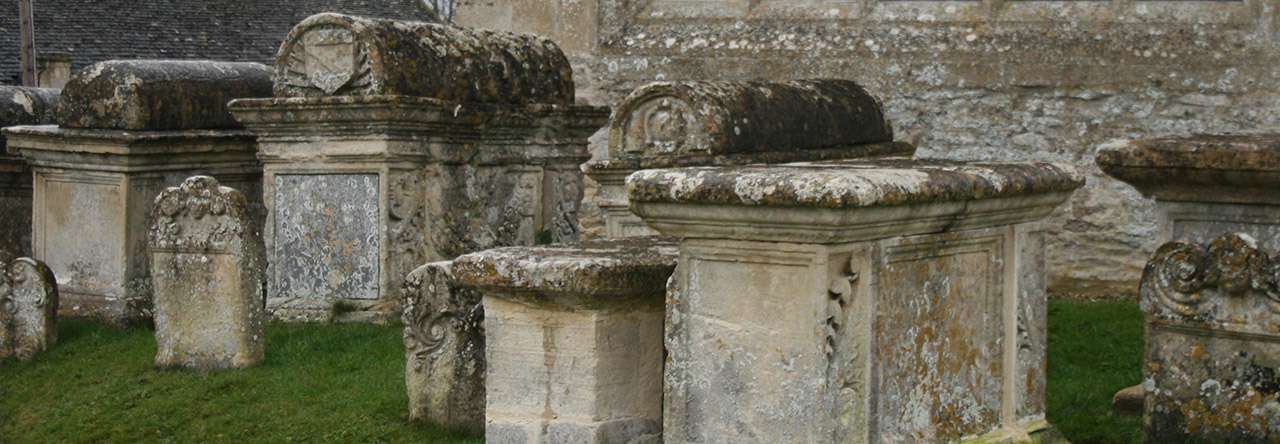When I realised that my hotel in New Delhi lay only a few hundred yards from the Nicholson Cemetery, and that I had a couple of hours free time before dinner, I determined to seek out John Nicholson. My street plan had already shown itself to be fallible, so hesitantly I sought precise directions from our guide. I was uncomfortably aware that a scion of the East India Company, convinced of his own superior race and with a reputation for excessive violence even amongst his fellow officers, would be rightly loathed in India. Clumsily I attempted to make clear that my interest in graves was not necessarily at odds with an abhorrence for their occupants. I quoted William Dalrymple’s view that Nicholson was “an imperial psychopath.”
Our guide was at once delighted by my desire to visit Nicholson and incensed by Dalrymple’s description and my perceived ignorance of the courage and manly virtues of the soldier hero. Giving me precise directions to the cemetery, he expressed his dismay that so few English people today have heard of Nicholson and advised me to read Charles Allen’s Soldier Sahibs as a corrective to my nescience.
John Nicholson (1822-57) was an Anglo-Irish military officer with the East India Company. Initially formed as a trading organisation, the Company gained control over large parts of the Indian subcontinent using its own army. When Nicholson arrived in India in 1839 the Company was expanding its political and military influence. Nicholson welcomed military action as an opportunity to advance his career. He took part in the first Anglo-Afghan War (1838-42), and the first and second Anglo-Sikh Wars (1845-46 and 1848-49). During the latter, the Company annexed the Punjab and the North-West Frontier.
After the Second Sikh War Nicholson was appointed as District Commissioner in Rawalpindi in the Punjab. An incident from this time illustrates his approach to maintaining law and order: confronting a recalcitrant robber chieftain, he ran him through with his sword and cut off his head which he displayed on his desk. Then inviting the other headmen in the district to call on him he pointed to the head advising them to ponder their fate if they were tempted to crime.
In 1852 he became Deputy Commissioner of the Bannu area which he ruled like a despot. Persistently he punished and humiliated those whom he perceived as showing disrespect to the colonial government. When one Indian leader in a visiting deputation spat on the ground in front of him, Nicholson had the man forced to the ground, obliged to kneel, and lick up his own spittle. When an imam outside a mosque failed to greet him with a customary salaam Nicholson had the man brought before him to publicly humiliate him by shaving off his beard.
The First Indian War of Independence, 1857, still referred to in some English texts as The Indian Mutiny, was far more than a rebellion by the sepoys in response to the introduction of beef and pig fat to grease the cartridges of the new Enfield rifles. The war had deeper underlying causes: the relentless annexation of territory, specifically the recent conquest of Awadh, by the British; the increasing Imperial arrogance and the harsh treatment of Indians by comparison with the eighteenth century integration; British proposals to abolish the Mughal court and impose British law and control in Delhi; the decline in sepoys’ pay and promotion opportunities; the General Enlistment Act obliging Indian soldiers to serve abroad; Christian proselytising by missionaries which was undermining the Muslim and Hindu way of life with an evangelical drive for conversions witnessing the forced closure of madrassas; harsh taxes and profiteering from native resources while the bulk of the Indian population lived in poverty.
For the British however this was a mutiny, and the East India Company army was full of violent, racist officers outraged that British rule was being challenged. There was a general contempt for India and Indians, the British were on a god given mission to rescue a backward, inferior country via evangelical Christianity and Imperialism. The atrocities committed by the sepoys, killing not just British officers, but women and children, provided an excuse for reprisals and brutal vengeance. Sepoys were bayonetted and fired from cannon; old people, women and children were burned to death in their houses. The right to revenge was after all enshrined in the bible.
For Nicholson more than anyone it was obvious that the mutiny should be crushed at once before it “spread like smallpox.” There is little doubt that Nicholson enjoyed the war. God, he was confident, was on the side of the British. As commander of a Moveable Column, he swept across the Punjab, terrorising rebels into submission, hanging their leaders without court martials. Convinced that hanging was insufficient punishment he made clear that he would have preferred to flay alive, impale, or burn his victims. He gave his troops a free hand with prisoners, unconcerned when they engaged in vicious torture.
In Jalandhar he entered the British mess tent to announce dramatically, “I am sorry, gentlemen, to have kept you waiting for your dinner, but I have been hanging your cooks.” He had been told that the soup prepared by the regimental cooks was poisoned, and when they refused to taste it, he force fed it to a monkey who expired. All the cooks were hanged without trial.
For Nicholson, the end came at the siege of Delhi. The sepoys had captured Delhi, declared the aged Emperor Bahadur Shah Zafar II their leader, and massacred the Christian population. The assault on the city was under the command of Nicholson. His troops breached the walls of the Red Fort, but as he moved along the inside of the wall between the Kabul Gate and the Burn Bastion a sepoy shot him from the roof of a nearby house. A week later however Delhi was taken by the British. The Muslim population was massacred. Nicholson died nine days later in hospital. Zafar died in exile. The marble structures in the Red Fort were demolished and a British barracks erected.
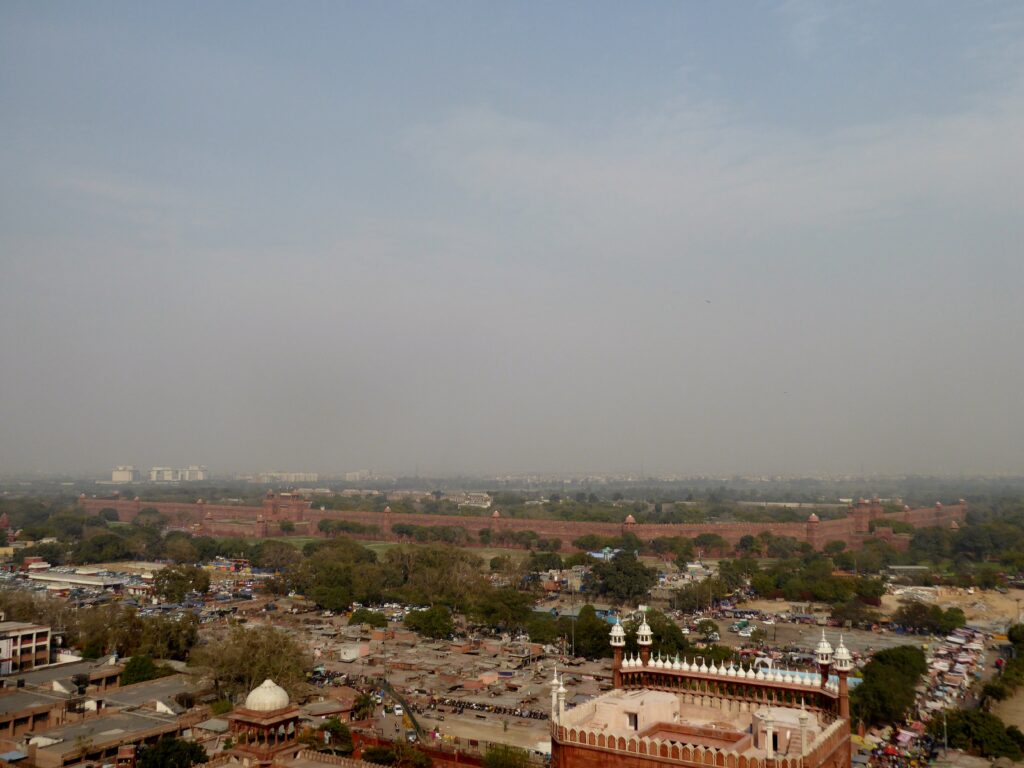
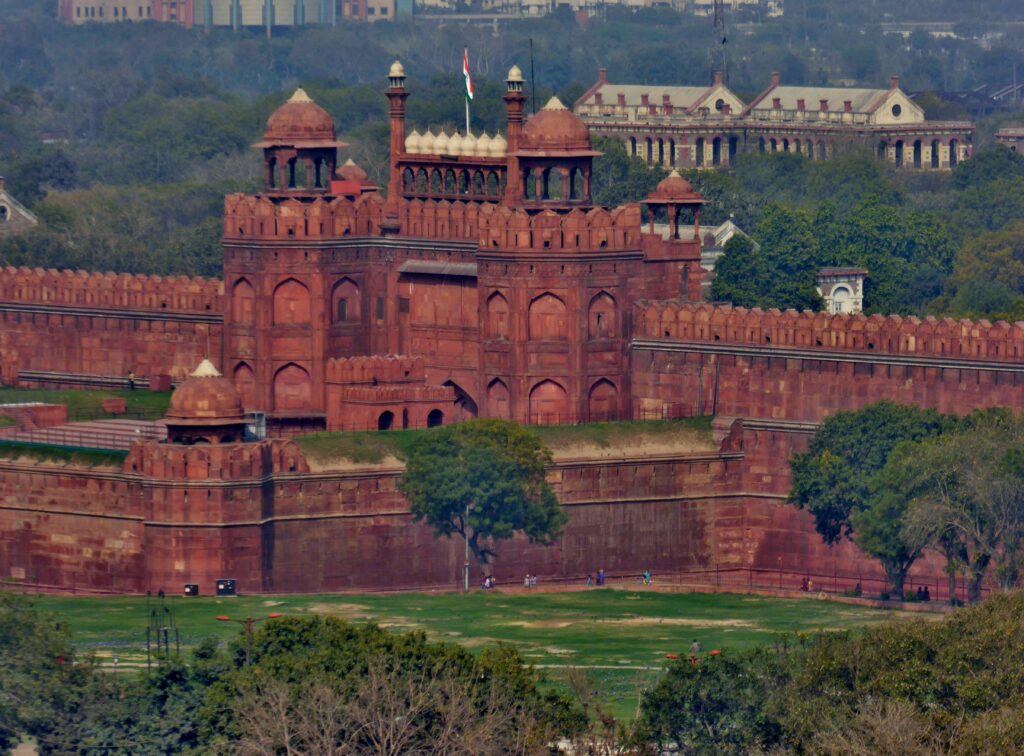
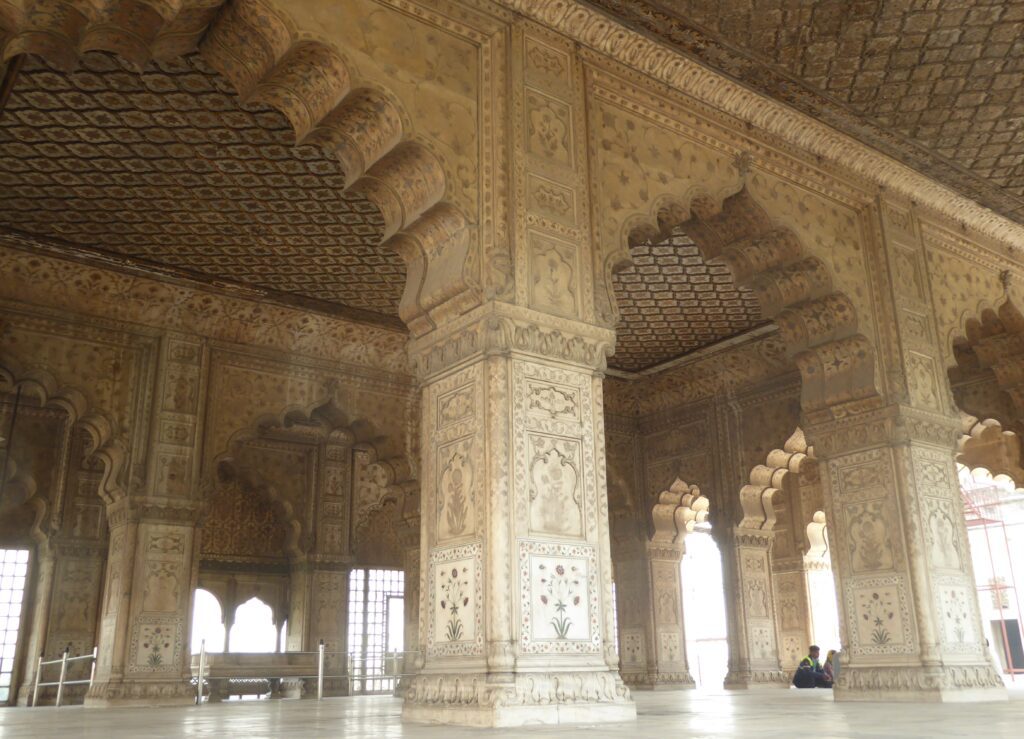
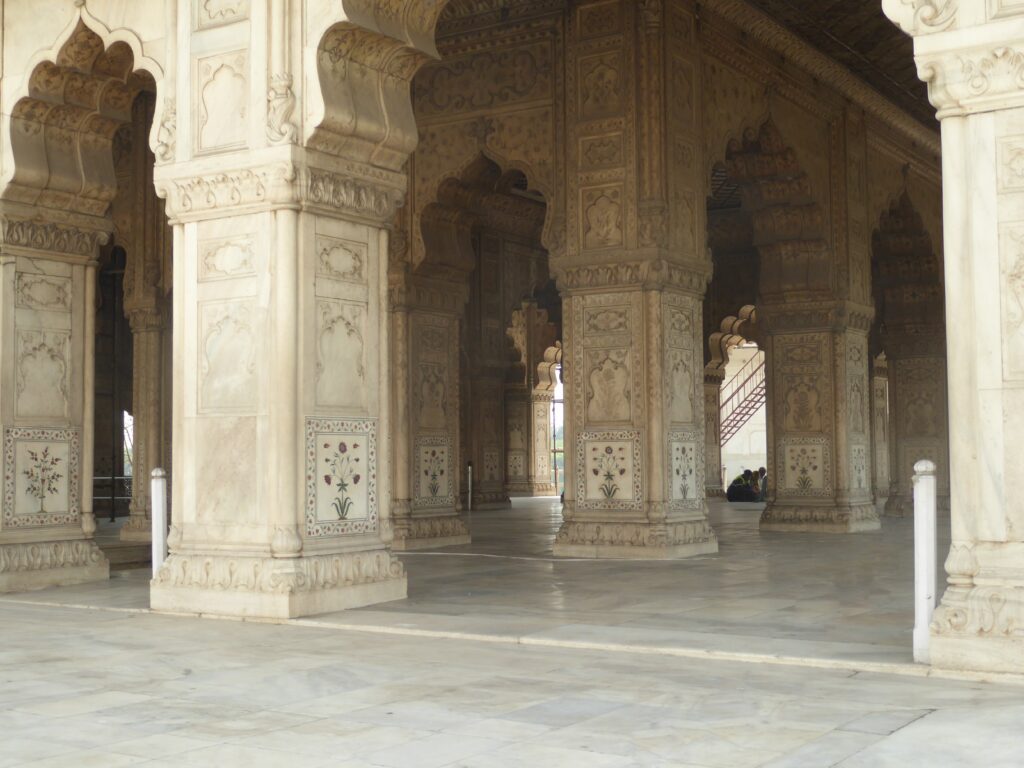
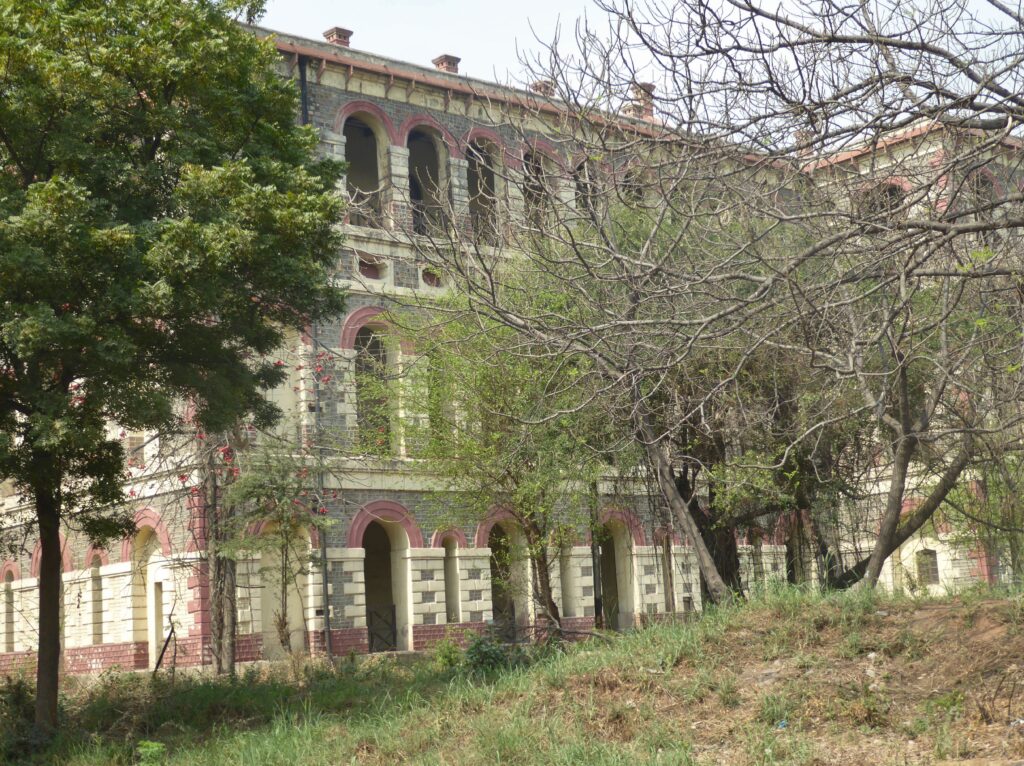
A new graveyard had been prepared, and a white marble slab plundered from Zafar’s Moonlight Garden in the Red Fort was placed over Nicholson’s grave. The inscription reads:
The Grave
Of
Brigadier-General
John Nicholson
Who
Led the Assault at Delhi
But fell
In the Hour of Victory
Mortally wounded
And died September 23, 1857
Aged 35
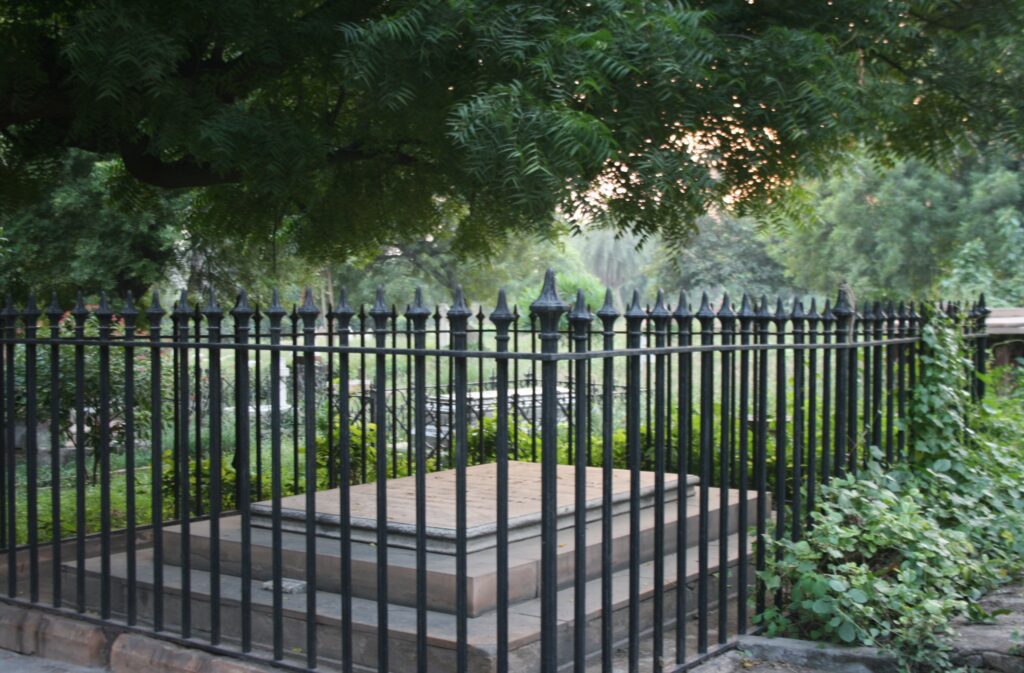
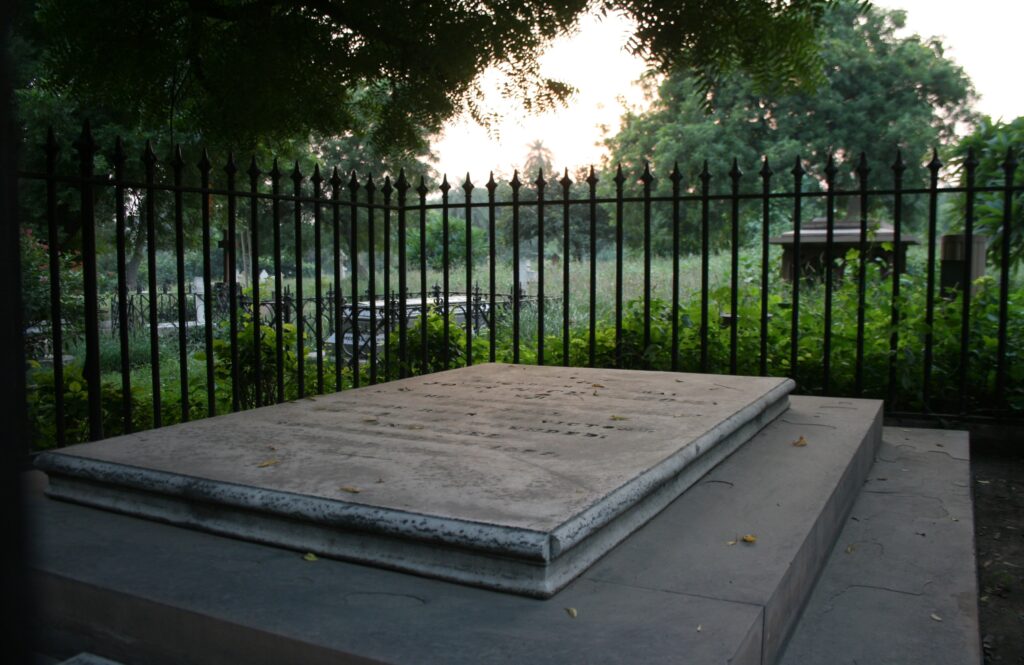
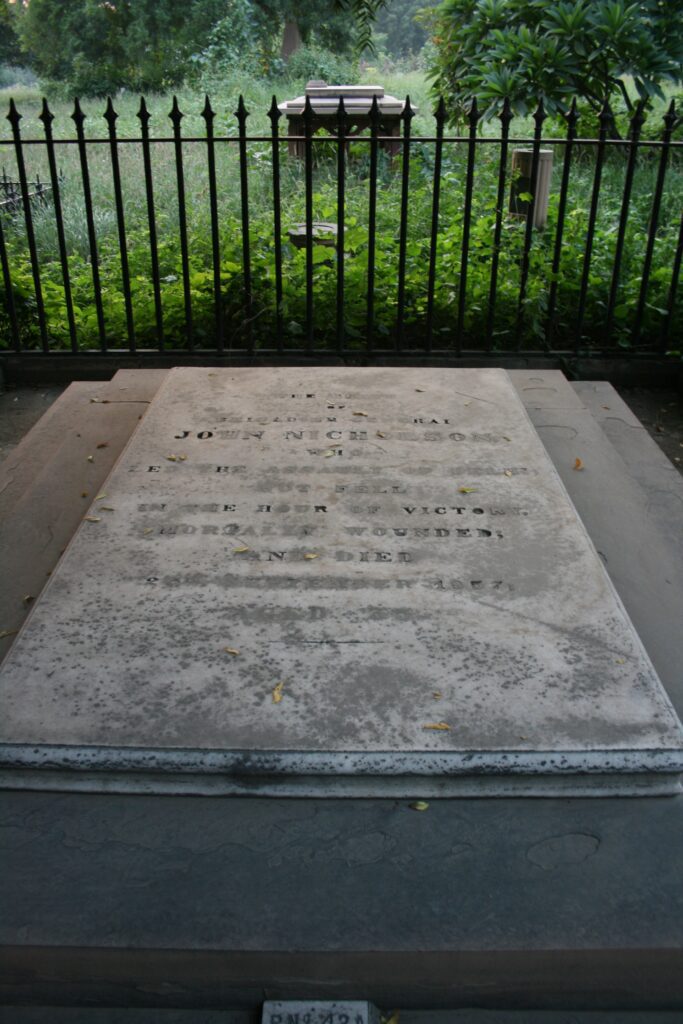
For the most part the Victorian public were in thrall to the ruthless, seemingly invincible men who had taken Delhi. There was hysterical adulation of them, but especially of Nicholson, “The hero of Delhi” and “The Lion of the Punjab.” Eulogies described him as the bravest and the best, noble, tender, modest, heroic, honourable, just, patriotic, steadfast.
“As long as an Englishman survives in India, the name of John Nicholson will not be forgotten” wrote Viceroy John Lawrence. Henry Newbolt wrote the vile Ballad of John Nicholson; one verse will suffice to give the flavour:
Have ye served us for a hundred years
And yet ye know not why?
We brook no doubt of our mastery,
We rule until we die.”
Field Marshall Roberts asserted that Nicholson was a military genius who gave up his life in defence of his country, an odd claim given that Nicholson was trying to prevent Indians from defending their country.
Yet some of Nicholson’s superiors regarded him as dangerously out of control. For even by the standards of his times Nicholson’s actions and attitudes were extreme. He ignored orders, forced his men beyond their capabilities, and extended punishment to those outside his jurisdiction. John Lawrence, later the Viceroy of India, suggested that he was too keen on confronting and humiliating Indian leaders, flogging them on any pretext even when he lacked authority.
Recent writers have been distinctly less adulatory describing Nicholson as a violent bully, a racist, a religious bigot, arrogant, boorish, a man who loathed India and its inhabitants – whom he thought ignorant and barbarous, a gloomy Calvinist, a brute, a war monger, a torturer, a man convinced that he belonged to a superior race, … an Imperial psychopath.
Today Dalrymple’s pithy epithet resonates true. And if this is so in England, why was my guide in India so defensive of his memory? Surely no Indian could do other than loathe the man?
The historian, Thomas Macaulay, (1800-1859), wrote of the divine mission of the officers of the East India Company to expand their territory along the North-West Frontier. He further urged them to create between themselves and “the swarming millions”:
A class of persons, Indian in blood and colour, but English in taste, in opinions, in morals, and in intellect.
My guide had attended Mayo College, the so-called Eton of the East, established in 1873, with precisely that intention. Had its powerful propaganda had been so depressingly successful, in shaping the views of this otherwise highly intelligent, educated, knowledgeable man? Like all Imperialist organisations the British Empire has much to answer for and its evil influence is not easily eradicated, still lingering on where we might least expect it.
*************
For a superb telling of the events of 1857 see:
William Dalrymple, The Last Mughal: The Fall of Delhi, 1857. Bloomsbury, 2006.
And for a gripping but more defensive account:
Charles Allen, Soldier Sahibs: The Men who made the North-West Frontier. John Murray, 2012, first published 2000.
